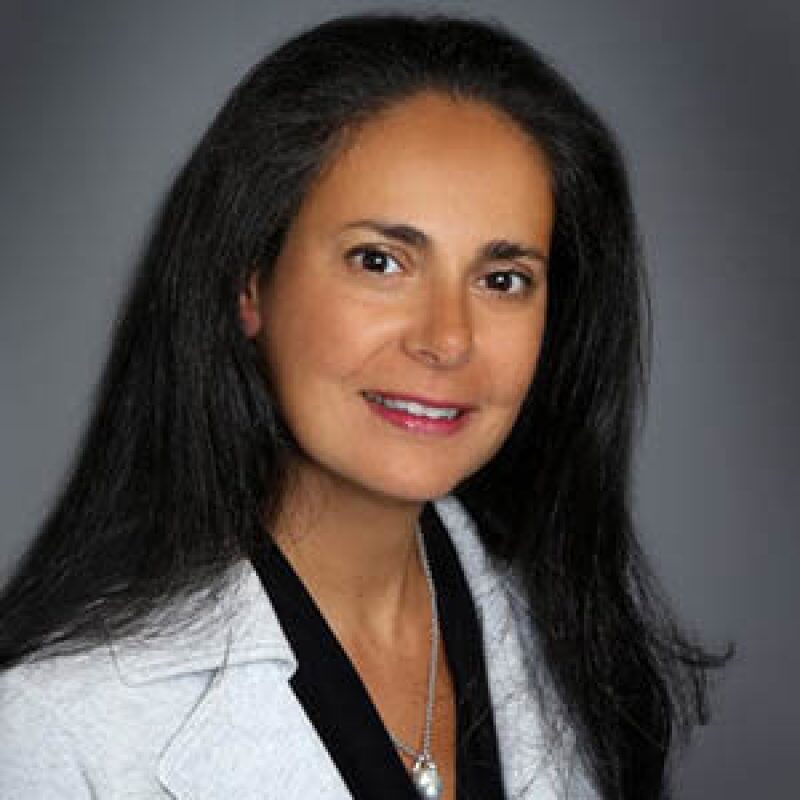Oil prices seem to be on the rebound, employment statistics look promising, and the petroleum industry is slowly starting to flourish again. However, there has been a fundamental shift in the workforce since the beginning of the most recent downturn. As the baby boomer generation, which makes up roughly 50% of workers exits the workforce, and younger generations, i.e., Gen X and millennials, fill their experienced shoes, the large age gap and rapid changeover make it challenging to transfer the technical and operational knowledge from the subject matter experts (SMEs) and the industry leaders to the new entrants.
For some young professionals, the changeover has already occurred, forcing them to quickly adapt to new roles and responsibilities. Many are entrusted with significant company decisions for the very first time, and without much industry experience. In an attempt to flatten the learning curve, some are also seeking advanced degrees in engineering, business, or specified technical training. For others, the change is approaching fast. Young professionals in this category are doing their best to learn as much and as quickly as they can from their more experienced counterparts.
In this segment of Discover a Career, we present a conversation with Awonu Lekia Akinrinsola, reservoir engineer at Chesapeake Energy, and Michele Tesciuba, founder and CEO of 3MT Consulting, to discuss the “Big Crew Change” and how it has affected their careers. We also discuss how young professionals can effectively manage the crew change, and continue to learn from those who have handed over the reins in the oil and gas industry.
The current downturn is not isolated, and being cyclical, the oil and gas industry is bound to see more crew changes in future. Awonu and Michele provide some great insights and resources that can help young professionals to establish a solid foothold as they start out their careers in the industry. At the same time, companies that want to be successful in this industry should establish formal processes to ensure effective knowledge transfer and retention of human capital.
-TWA Editors Richa Bansal and Deen Femi Akinrinsola

Awonu Lekia Akinrinsola is a reservoir engineer at Chesapeake Energy in Oklahoma City, working on the subsurface characterization of mid-continent assets. Her career so far has solely been in reservoir engineering, with experiences ranging from reservoir characterization to economic evaluations of acquisitions and divestitures. In her free time, she enjoys mentorship of engineering students at her alma mater and through SPE’s eMentor program. Akinrinsola also volunteers on the SPE Oklahoma City Young Professionals board, and is a founding board member of a Dallas-based non-profit organization called Illuminate STEM, which provides learning opportunities to K-12 students in under-represented communities. She holds a BS degree in petroleum engineering from Louisiana State University.

Michele Tesciuba has more than 22 years of oil and gas experience at Schlumberger and as a consultant. She has worked in various fields, including pressure and sampling, formation evaluation, perforating, shale gas, heavy oil, supply chain, and employee development. Her career includes technical, managerial, and operations roles, both US-based and international. Tesciuba is the recipient of numerous recognitions, including patents, Society of Women Engineers (SWE) Distinguished New Engineer award, and the SWE Houston Area Women of Excellence award. She holds a BS in mechanical engineering from University of California, Los Angeles, MS in mechanical engineering from Massachusetts Institute of Technology (MIT), and MS in management for the oil and gas industry from Heriot-Watt University.
Could you briefly introduce yourself?
Awonu: I am a proud graduate of Louisiana State University, with a BSc degree in petroleum engineering. I began my career with Encana Oil and Gas, and now work for Chesapeake Energy in Oklahoma City. My 6 years in the industry have been spent as a reservoir engineer, working in areas of reservoir characterization, reserves, business development, and strategic planning. I am also a second-generation petroleum engineer; my father is a member of the crew that is rounding out its career in the industry.
Michele: I joined Schlumberger right after graduating from MIT with a MSc degree in mechanical engineering. Over the course of 20+ years with Schlumberger, I have worked as both an individual contributor, manager, and as a technical coach, across several projects, functions, and geographic locations. In my most recent assignment with Schlumberger, I worked as the mechanical métier manager, leading the technical talent development efforts for the company and coaching/mentoring over 200 engineers and designers. I currently own my company, 3MT Consulting Services, which provides professionals with technical and professional development, and companies with management consulting and strategic planning services. One project that I am currently working on, for example, is the design, implementation, and roll out of a customer relationship management and field service management tool for Agar Corporation.
Have you experienced a crew changeover, and what effect has it had on your professional career?
Awonu: The crew changeover has had a big impact on my career, from the onset of which I was working with engineers who were 20 to 30 years my senior. It was daunting as there was a great knowledge gap but also quite rewarding, because I quickly gained so much experience. I believe the recent industry downturn accelerated the crew change, as many senior engineers were either laid-off or elected to retire early. Many SMEs are no longer just down the hall, or an e-mail or a phone-call away. I had to learn to adapt and to access their expertise even though they were no longer with the company.
Michele: Having been in the oil and gas industry for over 2 decades, I have experienced crew changes as both a young professional and a senior engineer. One of the most challenging aspects of this change is effectively managing the technical [knowledge] transfer. It can happen in many ways—through written documents such as design books and design files, face-to-face interaction with team members as well as through cross-pollination of best practices as people move from one team to the other.
I have been a part of the technical transfer since very early in my career. Many years of experience in the industry have given me the ability to make connections in terms of application, environment, and resources needed. More specifically, in my role as the mechanical métier for Schlumberger, I used a combination of my technical knowledge, personal experience, and broad network to accelerate technical transfer to the young professionals to help them better manage the crew change.
Do you think having a mentor is beneficial when facing challenges in your professional career? If so, how can young professionals find a suitable mentor?
Awonu: Having multiple mentors has aided me throughout my growing career. Some mentoring relationships were organic—like a senior coworker taking a liking to me and advising me. Others were intentional. For example, I saw a woman engineer in a position that I aspire to fill, and I asked her for a lunch meeting. Seeking mentorship, especially from senior colleagues, helps you identify your blind spots. You don’t know what you don’t know, but chances are, a more experienced person can make you aware. My favorite mentor is my dad. As I mentioned, he is also in the industry, and many a times he gives me advice before I even know that I need it. It’s a blessing!
Michele: I believe that a mentoring relationship is very important for one’s career development. However, mentorship is a two-way street—the mentor needs to actively listen and the mentee needs to take sincere action. Many large organizations have a formal mentorship program that matches the young professional with a suitable mentor. If your company does not have such a program, you would usually need to make the first step. It can feel uncomfortable to reach out to people in very senior positions in the company; however, it doesn’t need to be hard. It is best to have a 5-year timeframe in mind and select someone whose position you aspire to have. Thereafter, instead of cold-calling people, build a relationship by starting small, either through a lunch meeting or a coffee chat. Finally, remember that your manager can be one of your best mentors, as he/she most likely possesses the technical skills and network needed to achieve your 5-year career goals.
Can you share any other resource that young professionals can use to speed up the learning curve and better manage the crew change?
Awonu: Attending monthly SPE luncheons, Young Professionals Tech Talks, webinars, and industry conferences are a great start for speeding up the learning curve. Another way to gain experience is to maintain a network of industry veterans who you trust and respect. Many of them attend the local and regional SPE events, where you can connect with them, listen to their presentations, and ask questions.
In addition to the SPE resources, you’ll be surprised how much you can learn from YouTube. I learned about the detailed functionality of gas lift valves and other artificial lift devices by watching YouTube videos. I also research the history of my oil and gas assets through the local geological society’s publications. In this age of information, the amount of free and easily accessible resources is nearly limitless.
Michele: There is a plethora of resources both within your own company as well as outside that you can tap into to accelerate the learning curve. Design books, operating manuals, and field usage data are a few examples. Reference material and textbooks are often overlooked, but are another excellent resource for refreshing your technical knowledge. Finally, don’t underestimate the knowledge that can be gained from the technicians. Listen to them with humility as they have several years of experience working with a variety of tools, and more often than not, know the root cause and solution for many technical issues.
Outside of your company, one can learn a lot from participating in events organized by professional societies such as ASME [American Society of Mechanical Engineers], SPE, etc., as well as cross-functional societies such as SWE and NSBE [National Society of Black Engineers]. These are very good opportunities for connecting with senior folks in the industry as well as professionals from other companies or disciplines. It also helps in creating your own perspective on industry trends as well as business in general.

